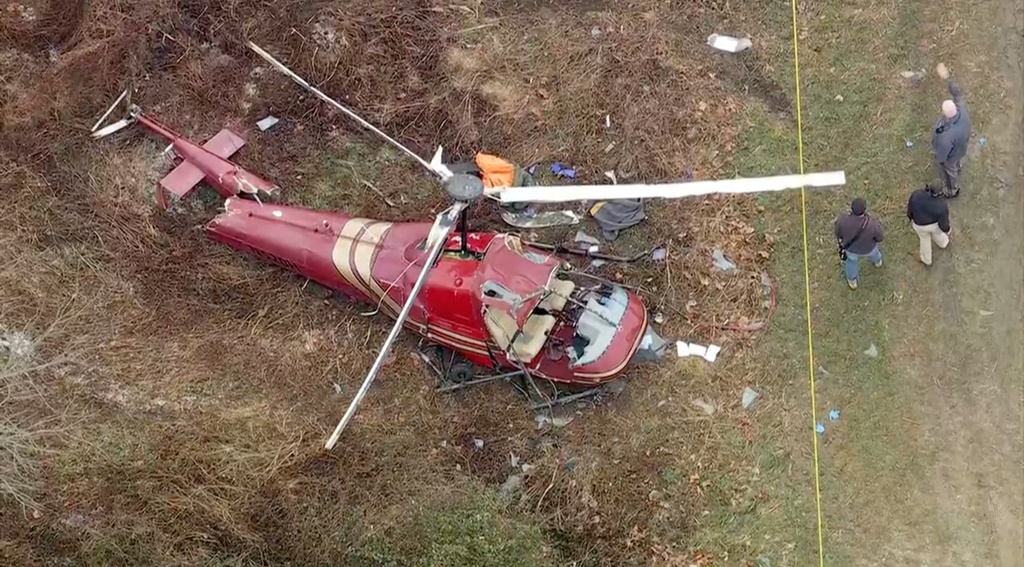Bird flu cases continue to circulate throughout the world as the Centers for Disease Control and Prevention says several cases have been detected among humans.
According to the CDC, two cases were detected in Cambodia, with one killing a child. The CDC also reported a child in Ecuador becoming infected with avian flu after interacting with backyard animals.
Although there have been a handful of cases involving humans, they are relatively rare.
“We need to be worried and concerned and monitoring this virus, but right now, this is still really a virus of birds,” said Dr. Richard Webby with St. Jude’s Department of Infectious Diseases.

Why sick minks are reigniting worries about bird flu
As bird flu hits more and varied animals, the fear is that the virus could evolve to spread more easily among people.
Like all strains of influenza, the CDC said it is actively monitoring for genetic changes.
Other nations have said they are considering developing a vaccine, however.
“I don't think there's a need to sort of sound the alarms and go full bore manufacturing of this vaccine just yet,” Webby said. “I think we still need to watch and look in terms of poultry.”
The CDC said it is safe to eat properly cooked and processed poultry. The agency also recommends limiting contact with poultry and wild birds that appear to be dead or ill.









